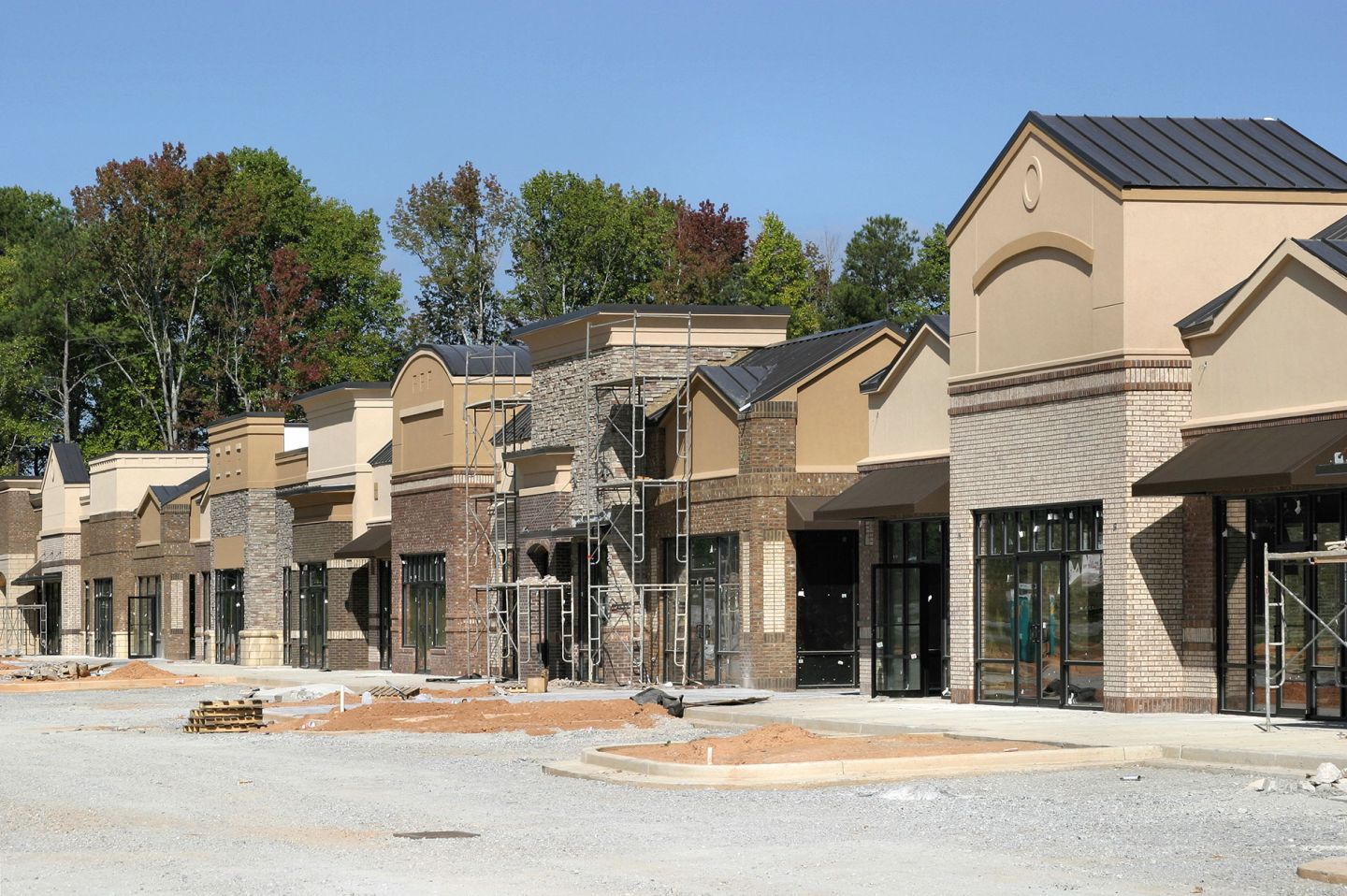By Bill R. Shelton, CEcD
Depending on the type, size and scale of an economic development project, the local government may seek the services of a developer to manage the project. To a large extent the success or failure of the development project depends on the government’s ability to select a qualified developer and then to properly structure the relationship.
Central to structuring the relationship is a sound development agreement that protects the government’s financial interests during all phases of the project. A qualified developer should have verifiable experience for the type of development being considered by the government to include but not limited to:
• Experience managing construction projects similar to size, scope and use to the one being considered by government
• Lease-up and tenant retention of projects similar to the one being considered
• Post construction management and site maintenance
• Verification of financial capacity to meet its financial commitments
Source: Government Finance Officers Association, Recommended Practice, How does a government protect its financial position Vis-à-vis a developer? 1990
All development projects have inherent risks, whether the development is large or small, simple or complex.
A dual goal of the jurisdiction providing incentives is to minimize the risk and to increase the probability of the development’s success. One of the tools used to accomplish these goals is a development agreement between the local jurisdiction (usually a city) and the person who owns the property or controls the property (usually a developer.)
The development agreement is a voluntary contract between the community and the developer that details the obligations of both parties and specifies the standards and conditions that will govern the development of the property. It is often referred to as a private/public partnership.
The development agreement is not just for the benefit and protection of the local government. It also provides assurance and confidence to the developer that the regulations that apply to the development will not change during the term of the agreement.
No development is a sure thing but risks, particularly operational risks, can be mitigated and the probability of success for the development can be enhanced with a well-planned and executed development agreement.


